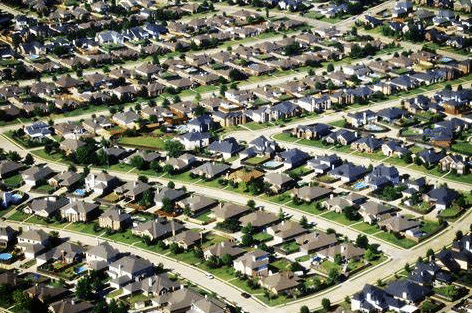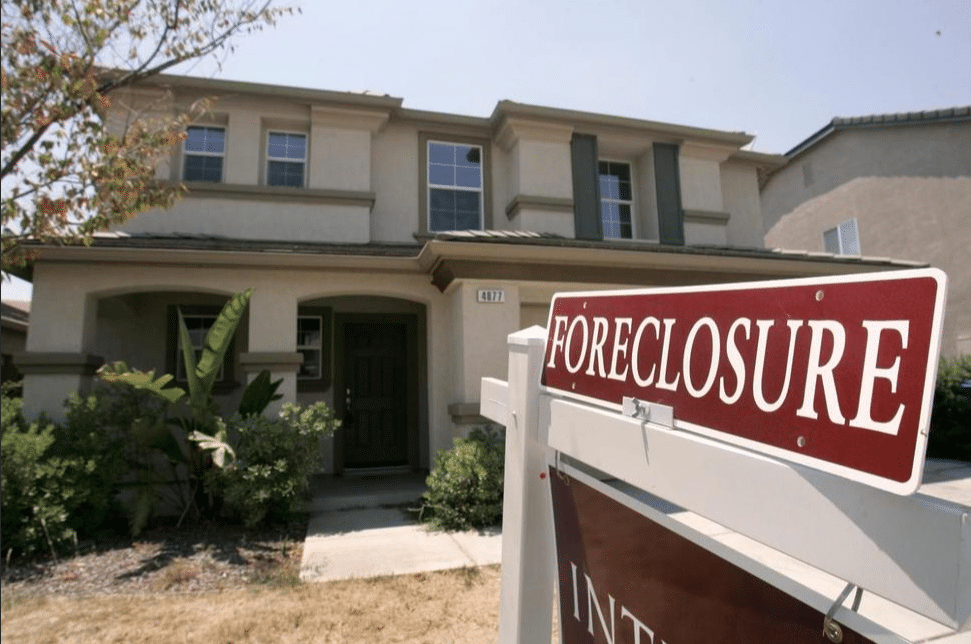Potential wave of mortgage delinquencies could bankrupt the payment system
Early this year the regulator for mortgage giants Fannie Mae and Freddie Mac announced a forbearance program for borrowers unable to pay their loans because of the effects of the coronavirus.
The Department of Housing and Urban Development, which includes the FHA loan program, announced the same. That is a huge relief for borrowers, who can now delay payments without penalty. Unfortunately there’s a hitch.
The mortgage servicers, the companies that collect monthly payments, are required to pass those payments on to the investors who own those loans in mortgage-backed securities even if the borrowers don’t pay. Servicers also have to pay insurers and tax authorities.
Under normal circumstances, servicers have the cash reserves to do this if just a few borrowers don’t pay, but the industry is now looking at a potentially unprecedented wave of missed mortgage payments.
“Nobody predicted the demand this would place on servicers, so they need an ability to have the liquidity to make it happen, and if there’s not some kind of ability through a liquidity facility, then the servicers won’t be able to meet their obligations to the investors and the whole process will break down,” said Bob Broeksmit, CEO of the Mortgage Bankers Association.
“The risk to the servicing industry is that the demands on advancing these payments to the investors will outstrip their cash ability to do so,” he added.
The MBA sent a letter late Sunday to Federal Reserve Chairman Jerome Powell and Treasury Secretary Steven Mnuchin, asking for cash to support mortgage servicers.
“While a mortgage servicer might have some additional flexibility for loans held on its balance sheet, advancing is required for loans that back Fannie Mae, Freddie Mac, or Ginnie Mae MBS – which constitute over 60% of the mortgage market,” Broeksmit wrote in the letter.
“Widespread, national borrower forbearance at the levels being proposed in response to the COVID-19 outbreak, however, extends well beyond any servicer advance obligations previously envisioned, and is beyond the capacity of the private sector alone to support,” he wrote.
The MBA estimates that if about a quarter of all borrowers request and are granted loan forbearance for six months or longer, demands on servicers could exceed $75 billion and could climb well above $100 billion. That would easily bankrupt the mortgage finance system.
The majority of mortgages are guaranteed by Fannie Mae and Freddie Mac, or are insured by the government through the FHA. While the mortgage servicers have to pay the bill to investors first, Fannie, Freddie and Ginnie Mae, which securitize FHA loans, would ultimately be on the hook.
“At this point with Fannie and Freddie, for the delinquencies that we’re expecting to see if this is a short term event say six to eight weeks, we believe that Fannie and Freddie and the servicers are equipped financially to be able to get through this time,” Mark Calabria, director of the FHFA, which oversees Fannie Mae and Freddie Mac, said in an interview Thursday. “If this goes beyond that, then we may be having to look for public assistance from Congress, from the Fed.”
While mortgage servicers were under pressure during the subprime mortgage crisis, and several did go out of business, the losses came over a much longer period of time. The effect of COVID-19 will be swift on borrowers. With millions losing jobs and income, the mortgage delinquency numbers will likely spike by the end of the year.
The federal government stimulus plan was to hopefully go towards mortgage and rent, but it is up to the consumers as to how they spend it. A family is more likely to use the money for food and other physical necessities than they are for the monthly mortgage payment, especially when they are being offered a delayed payment plan.




